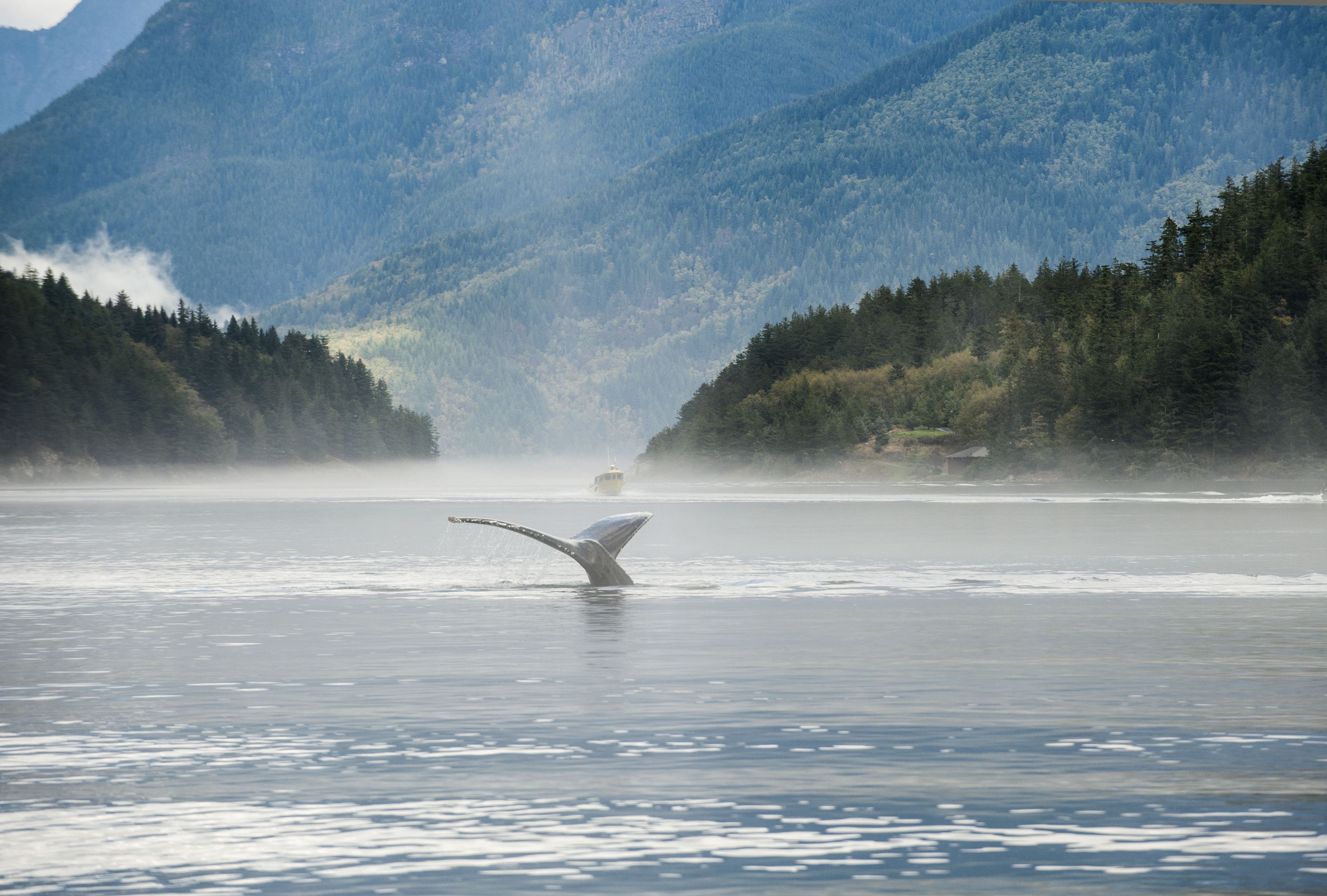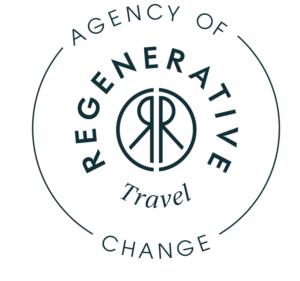Return of the Humpback
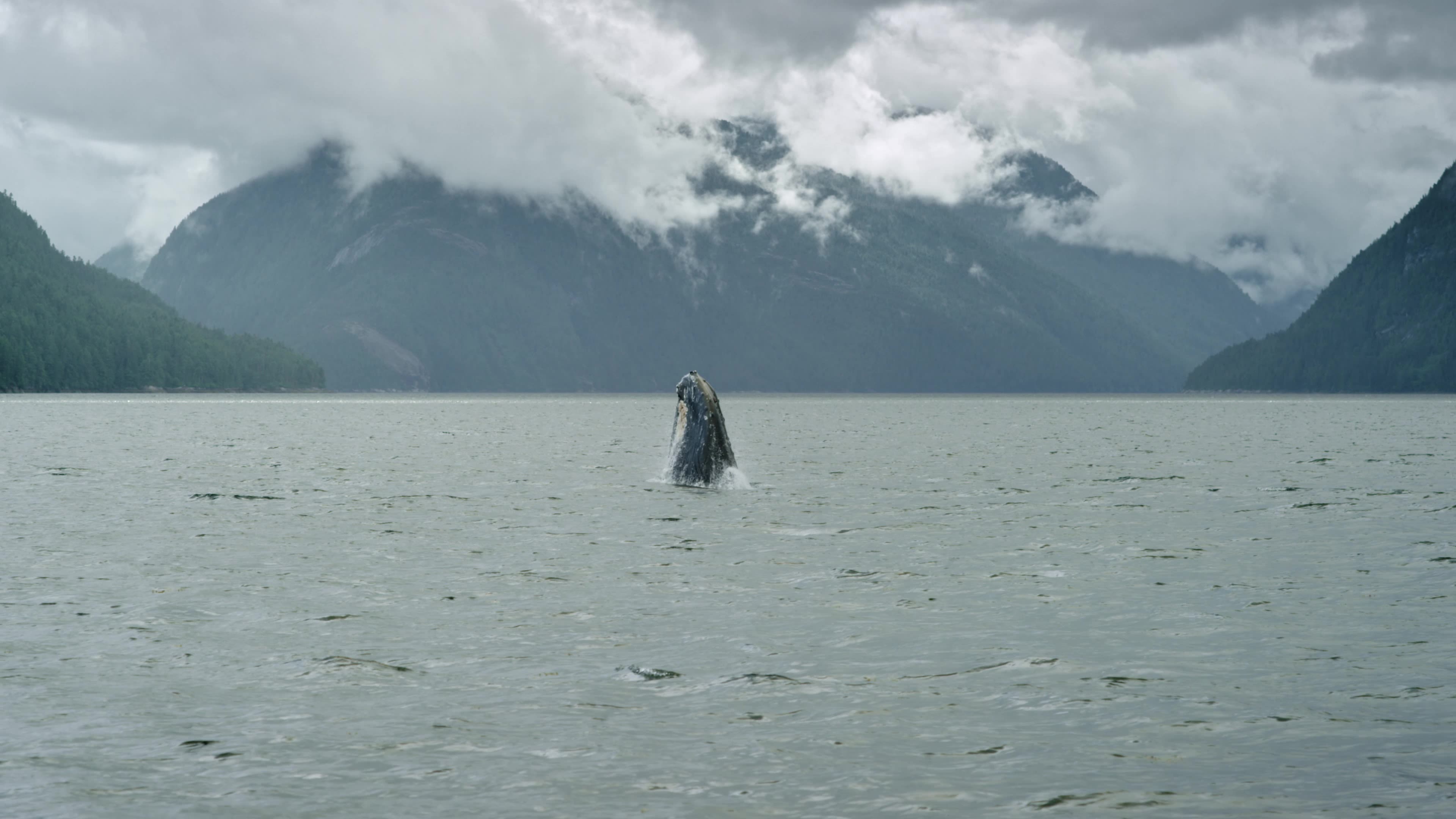
Located in a remote corner of northwestern BC, on the traditional territory of the Gitga'at First Nation, is Fin Island.
It is a place frozen in time, home to a lush temperate rainforest and an abundance of wildlife.
"When you're walking through the forest, there's no sign of humans whatsoever. It's just the trees, the moss," says Janie Wray, CEO and Lead Researcher for the North Coast Cetacean Society and BC Whales.
"When you're there, it's just so quiet. It really feels as though you've just gone back thousands of years."
From April to November, Janie and her team work out of a small research facility gently built on the edge of the unpopulated island, overlooking Squally Channel in the Great Bear Rainforest. Here they observe the whales that feast and play in the nutrient-rich waters throughout the spring and summer.
Among the first whales to arrive in the springtime are the humpbacks. With their dramatic antics, they are a perennial favourite among the staff at the Fin Island Research Station.
And for Janie, who has spent more than two decades studying whale acoustic traditions and behaviours, humpbacks are also breathtaking to hear.
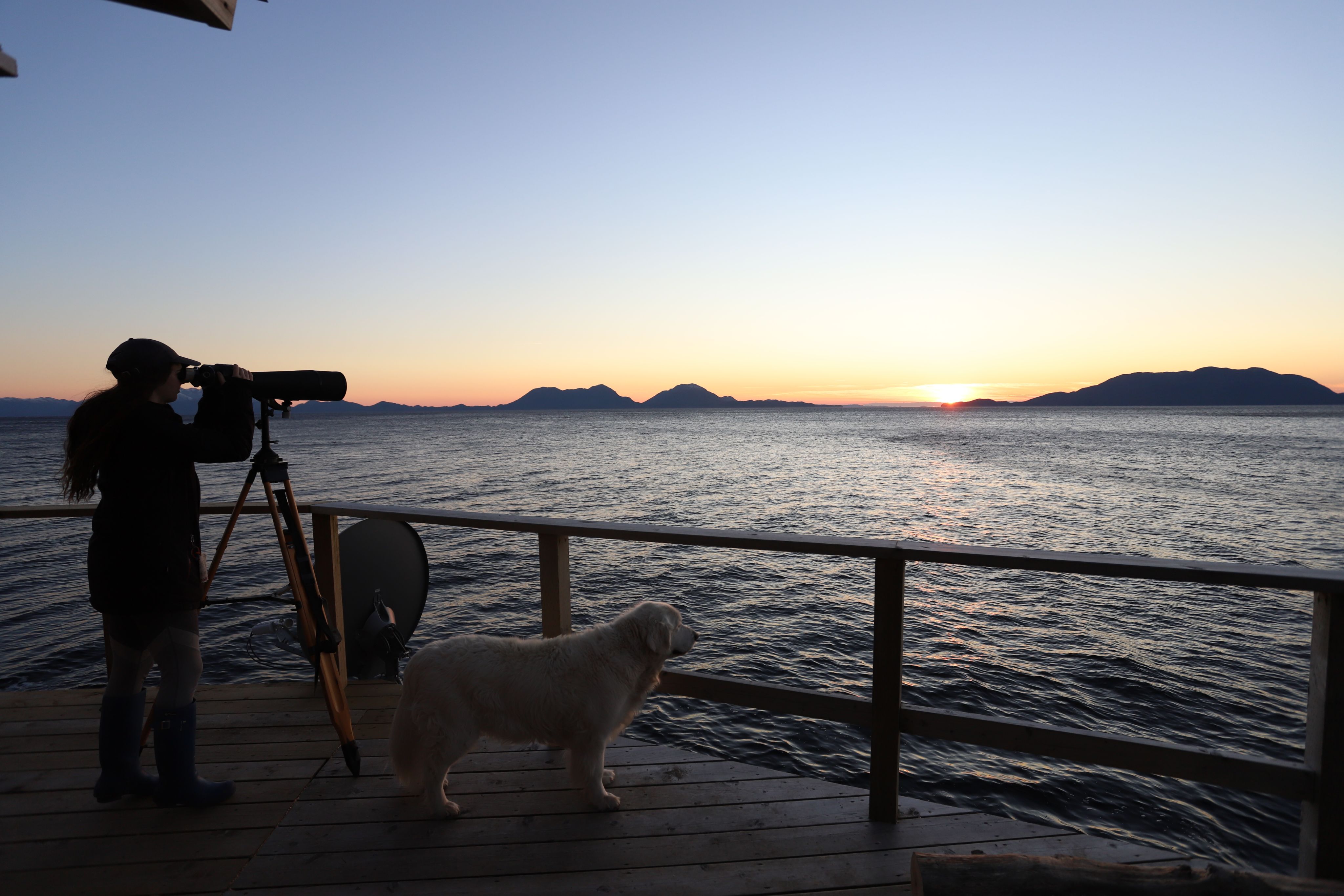
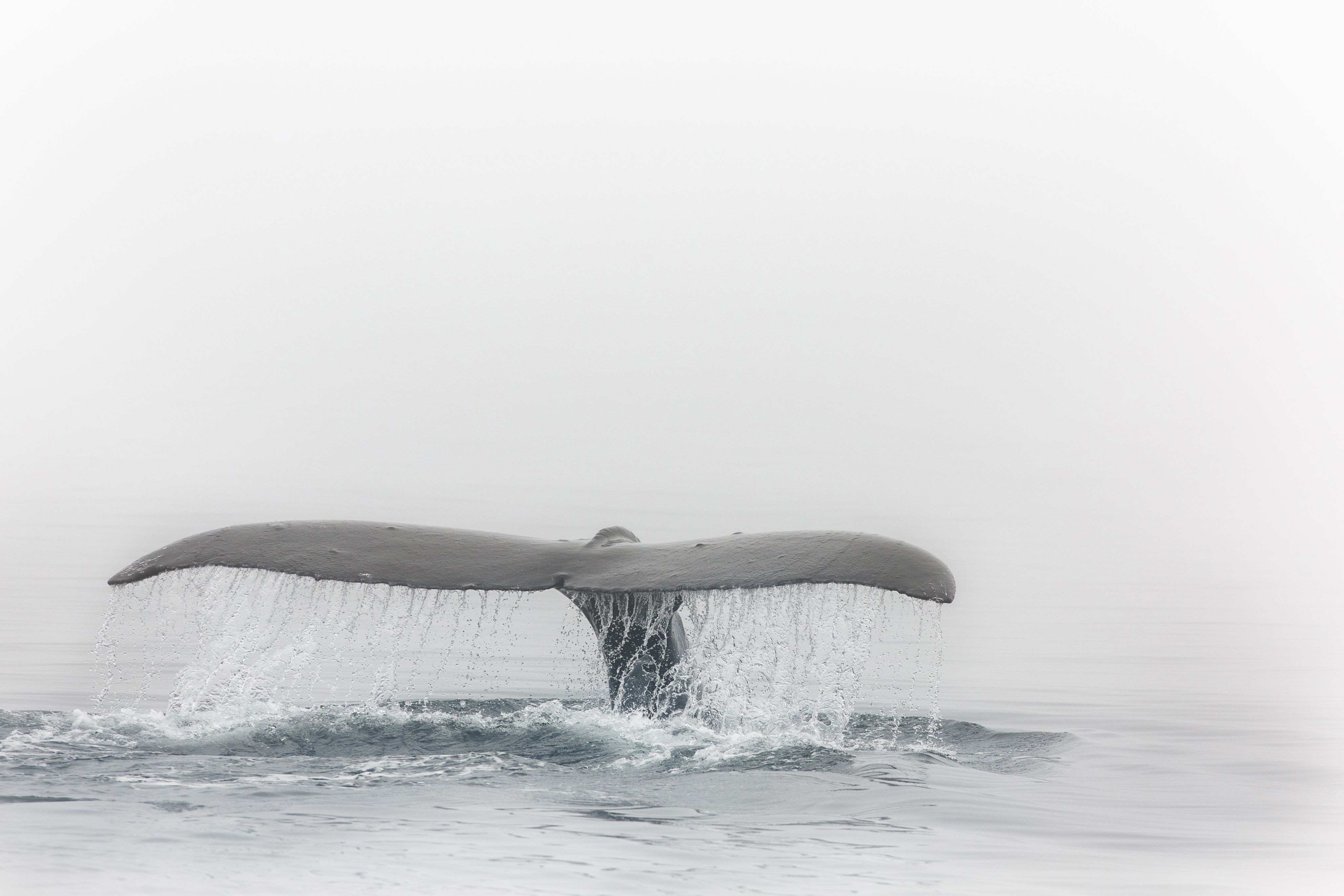
Humpback whales have made a big comeback in the North Pacific. Once hunted to near extinction, their population is now growing. That's not to say that modern stressors, like ocean noise, boat traffic and plastic pollution aren't impacting the species, but conservation efforts are paying off.
The North Coast Cetacean Society alone has observed a population jump from about 40 whales in 2001 to nearly 500 in recent years.
Those that arrive each spring in the deep fjord waters of northern coastal BC have spent their winters breeding and giving birth in far-flung waters around Japan, Baja or Hawaii. Their 3,000-mile journey is one of the longest mammal migrations in the world.
The same whales – identified by their tail markings – return to the same waters in BC year after year. They are referred to as seasonal residents.
The BC Whales team studies them using methods designed to be as minimally disruptive to the animals as possible. This includes observing them from the land, utilizing new technologies like drones to gather data and being part of a new project called the BC Hydrophone Network – something Janie is extremely excited about.
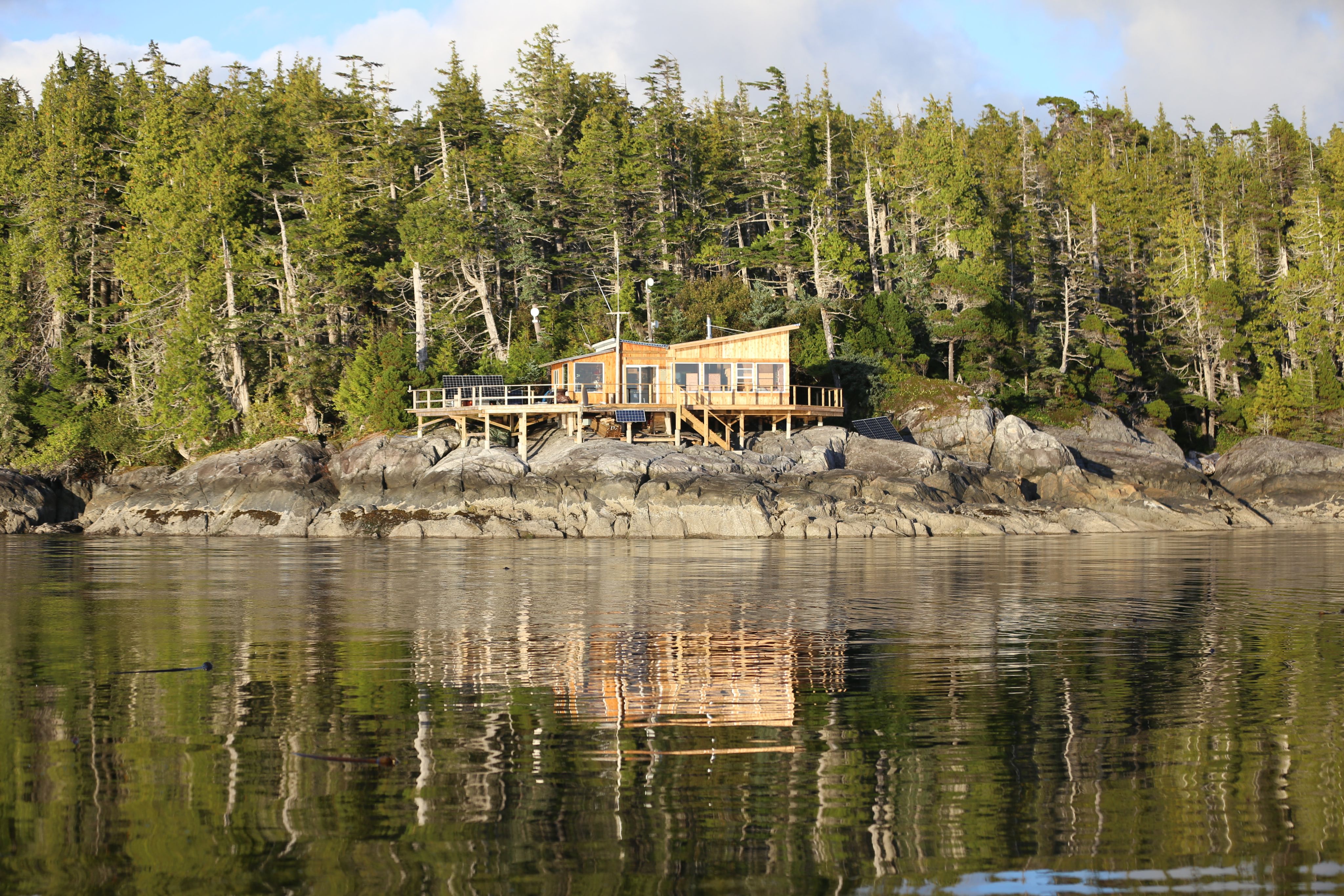
The BC Hydrophone Network is a joint project by First Nations and NGOs who all share one goal: to protect whale habitat.
The Network is a series of hydrophones – extremely sensitive underwater microphones – that have been placed in areas such as the Great Bear Rainforest (where Janie and her team work), the Central Coast, the Johnstone Strait and the Southern Gulf Islands. This interconnected network will give a deeper understanding of whale acoustics and the impact of underwater noise on marine life.
Humpbacks especially are very vocal creatures who communicate through a sophisticated underwater language.
The public can listen to the underwater sounds of the whales here.
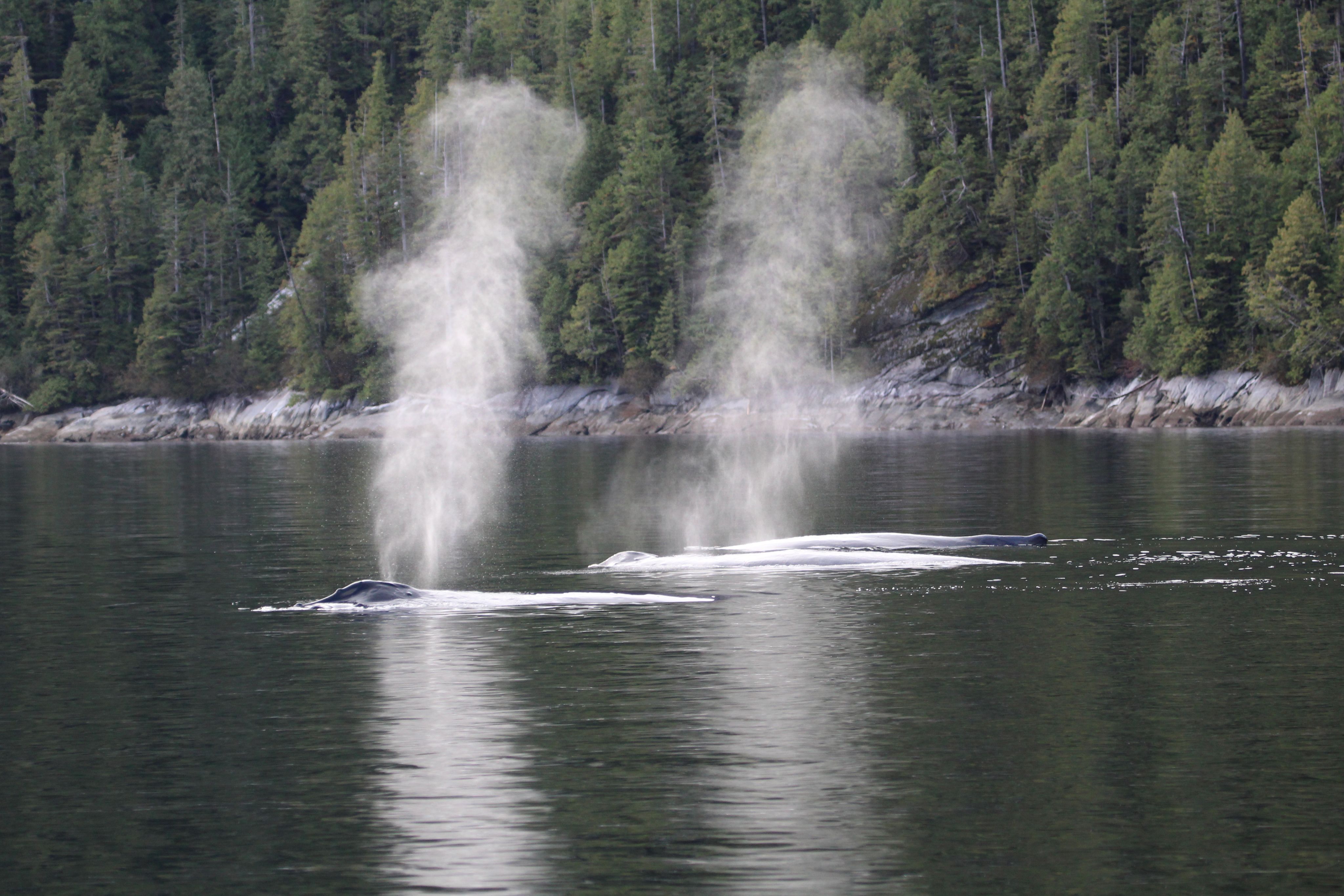
Photo by BCWhales.org
Photo by BCWhales.org
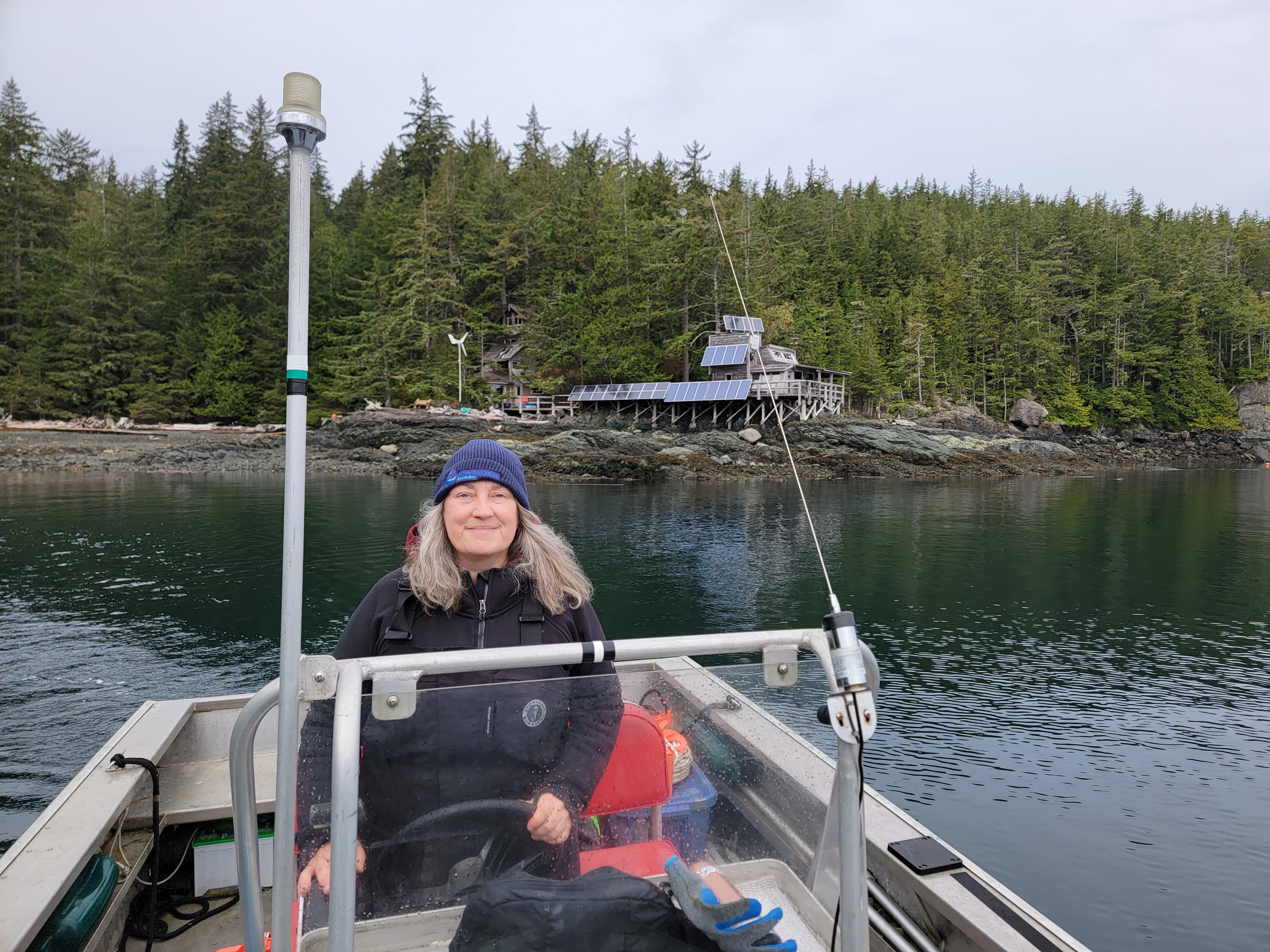
As whale watching season gets underway in coastal BC, Janie says there are a few things visitors should look out for when booking trips.
"I think the number one consideration is that you're choosing somebody that has a lot of respect for those whales," she says.
Avoid companies that will tell you they can get you very close to whales, as those boats that make a lot of underwater noise can be very disruptive to the whale.
"If you really want to have a great whale experience, I always like to say think of it also as the whale having a great human experience," she says.
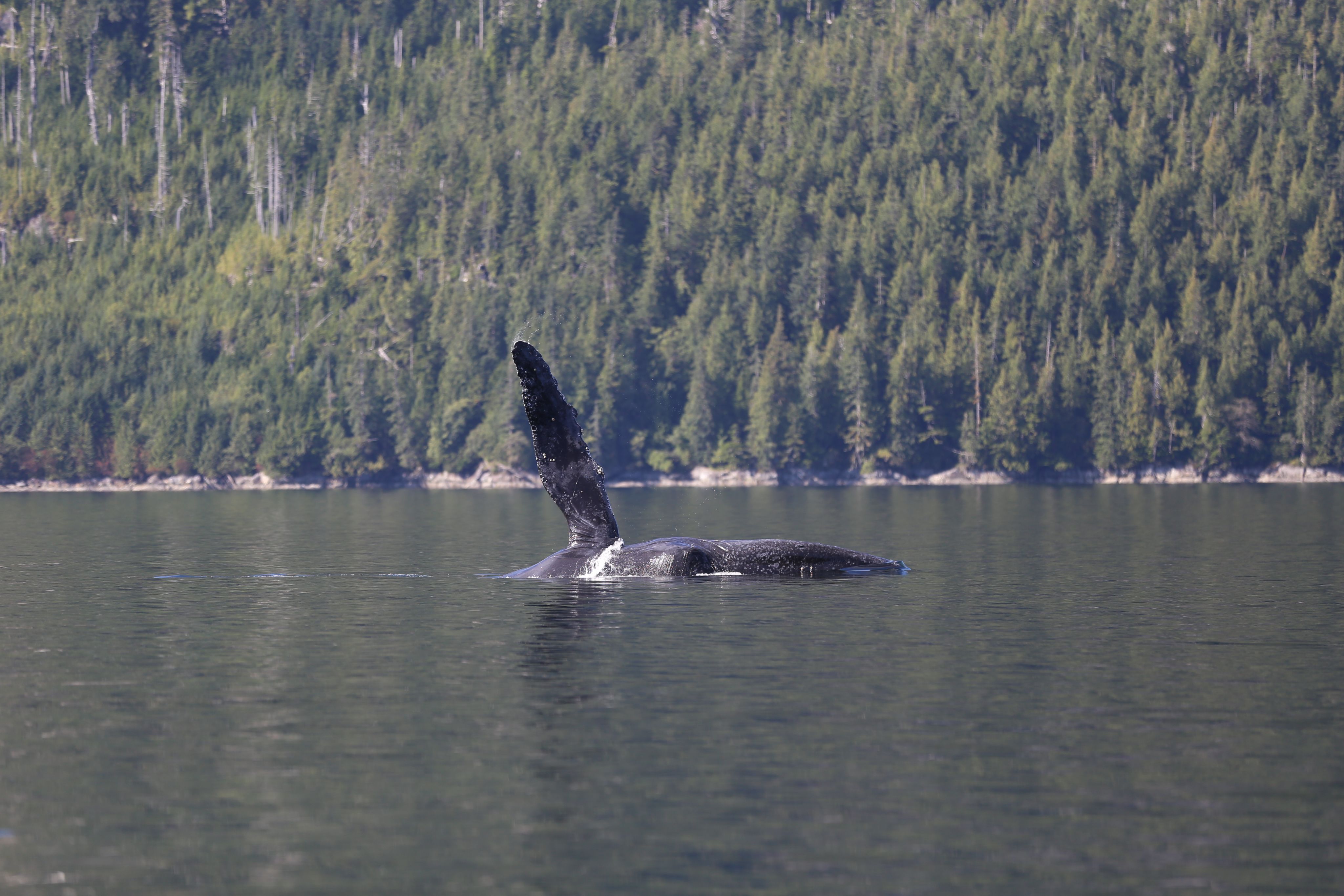
Photo by BCWhales.org
Photo by BCWhales.org
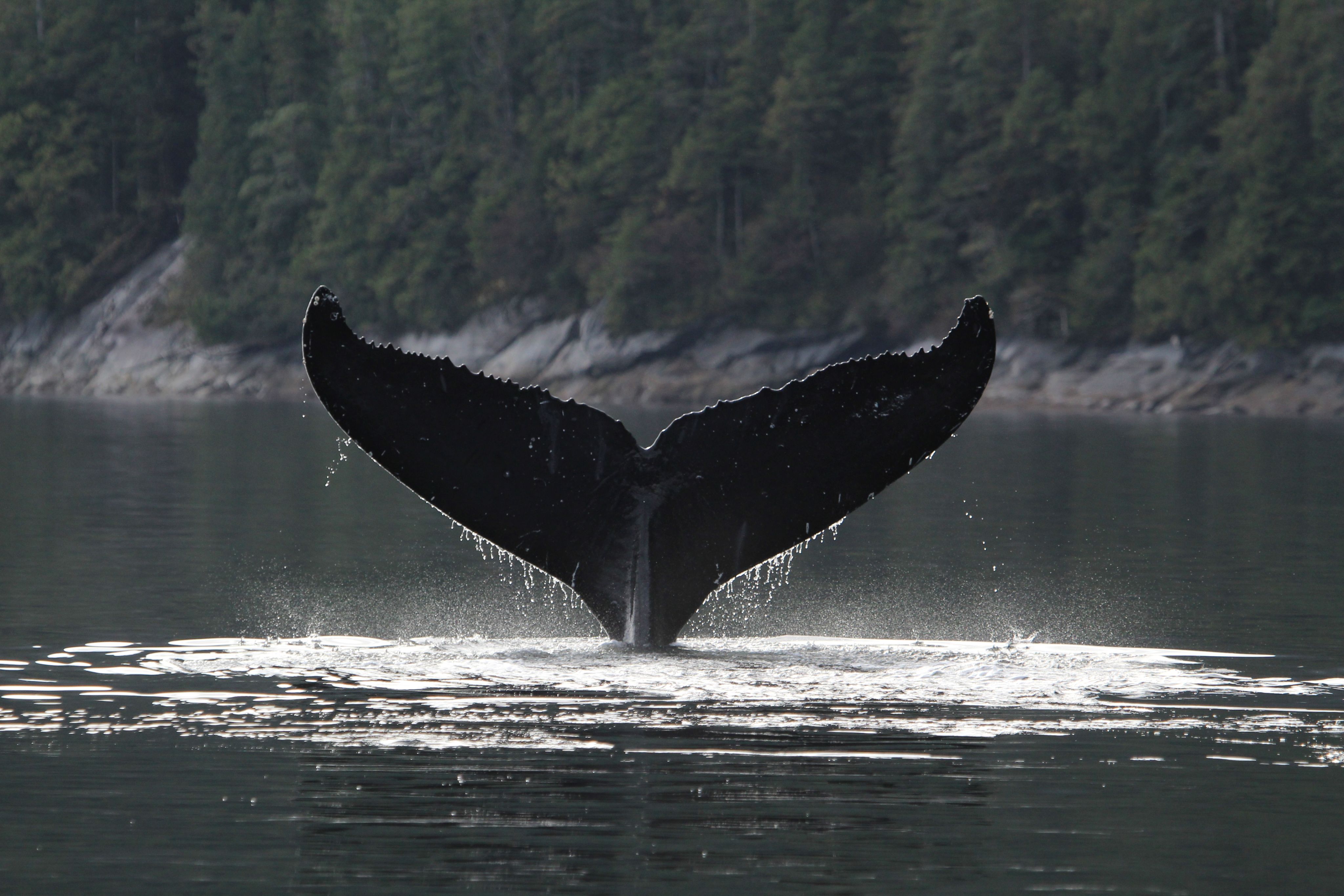
Photo by BCWhales.org
Photo by BCWhales.org
Embrace Canada with Landsby
Landsby creates unique and immersive experiences that not only provide travellers with purposeful and enriching trips but aim to positively impact the host communities.
